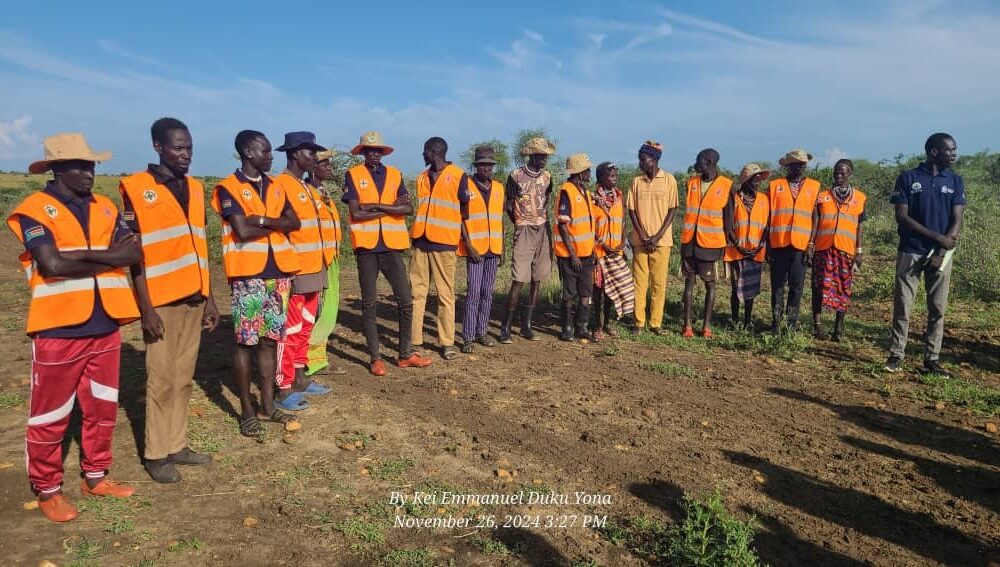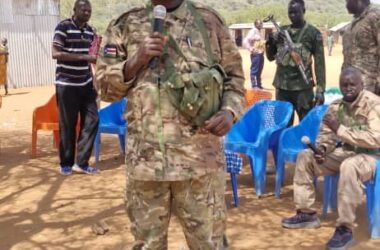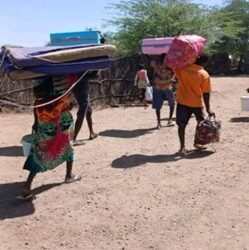By Kei Emmanuel Duku
For years, Kapoeta North and Budi Counties have been locked in conflict over border disputes, cattle rustling, and limited access to social services.
However, a 15-kilometer access road, initiated by Norwegian People’s Aid (NPA) with support from the World Food Program, has fostered unity and peace between the two communities.
Both Kapoeta North and Budi Counties are predominantly pastoral societies that rely on livestock and farming for their livelihoods. The absence of roads had hindered access to markets for their produce and essential services like healthcare and education.
Lovok Lepeter, NPA Project Manager for Kapoeta North Field Office, noted that the road construction, which began this year under “Asset Creation and Livelihood Project”, aims to boost livestock trade, promote peaceful coexistence between the pastoral communities, and enhance security through border monitoring.
Lepeter recalled numerous instances of loss of lives and property, due to cattle raids in the past. He believes that the new road will facilitate coordination among local leaders from both communities.
“There were frequent cases of cattle rustling, raiding, and inter-communal killing, primarily due to historical tensions between the Leri and Toposa communities, this road is a game-changer because it has not only reduced the frequency of cattle raids but has also improved access to healthcare and education,” said Lepeter.
Under the project, local communities from both sides were contracted to construct the road to a border point. The 15-kilometer road connects Kapoeta North with Napak in Budi County.
Despite being operational, some sections of the road, particularly waterlogged areas, have been damaged by rain and require repair.
Angelo Loyia Aponi, a resident of Napetet Village in Kapoeta North, expressed gratitude for the positive impact of the road. He noted that before construction of the road, conflicts between the Buya and Toposa communities were common. However, the road has facilitated peaceful movement and trade between the two groups.
“This road is crucial for our community,” said Loyia. “It allows us to send our children safely to and from cattle camps, and it enables us to access healthcare facilities in case of emergencies. It has significantly reduced tensions between the Buya and Toposa communities.”
Lino Lokona, another resident of Lokwamor Payam, highlighted contribution of the road to improving access to healthcare services, especially during emergencies. He attributed the frequent cattle raids to hunger and poverty, which compelled people to resort to such desperate measures.
Cattle raiding is deeply ingrained in the cultural practices of various ethnic groups in Greater Kapoeta and neighboring regions. It is often seen as a way to increase livestock holdings and social status.
However, recent incidents, such as abduction of two children and theft of 500 cattle in September, underscore the ongoing challenges posed by cattle raiding in the region.



